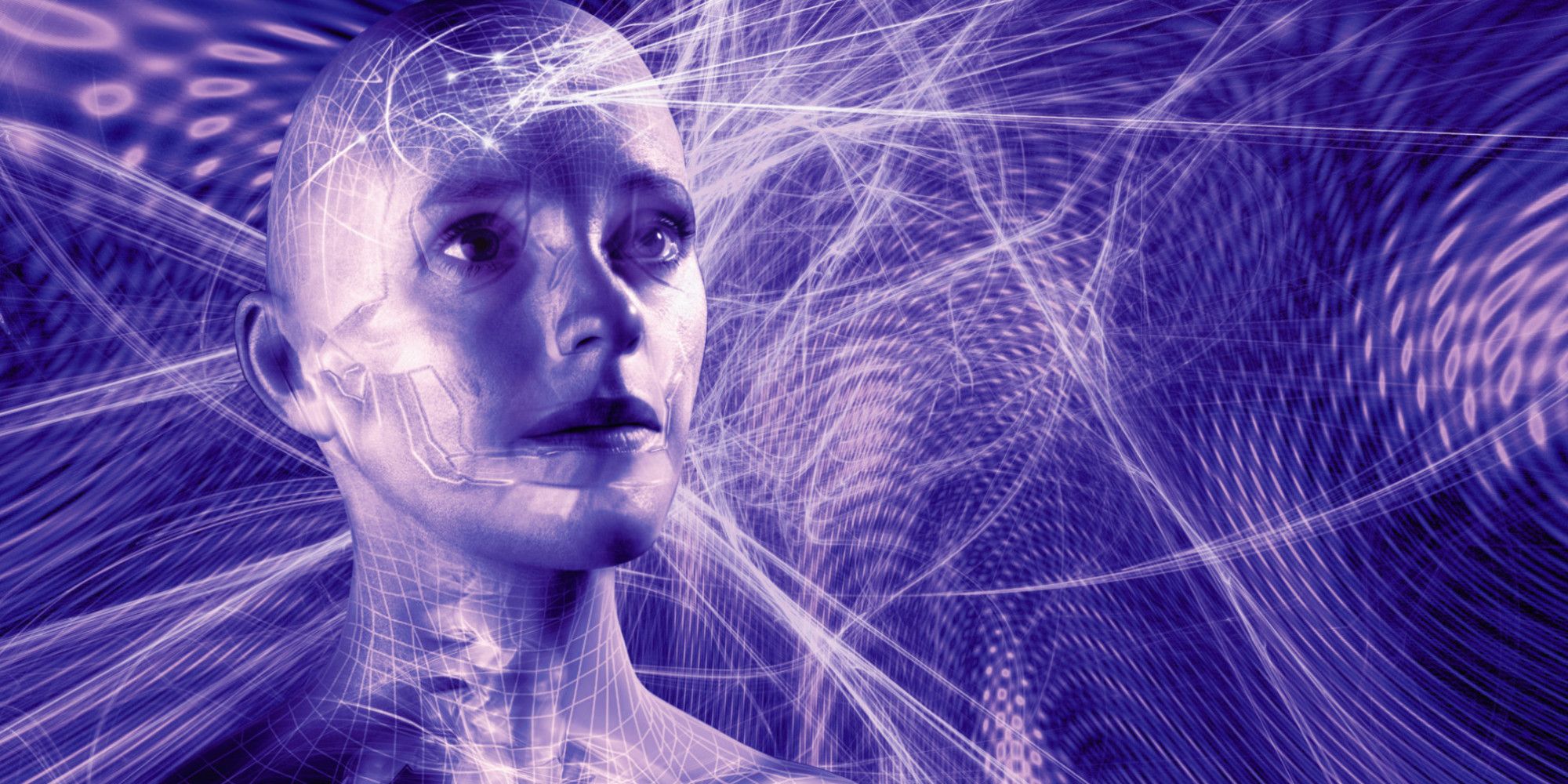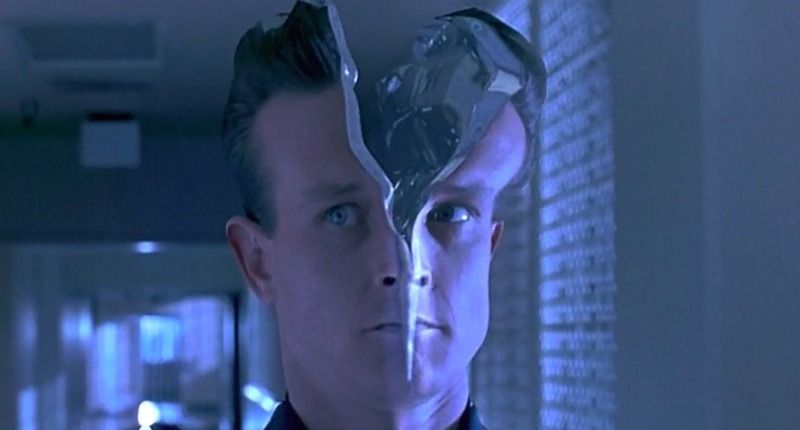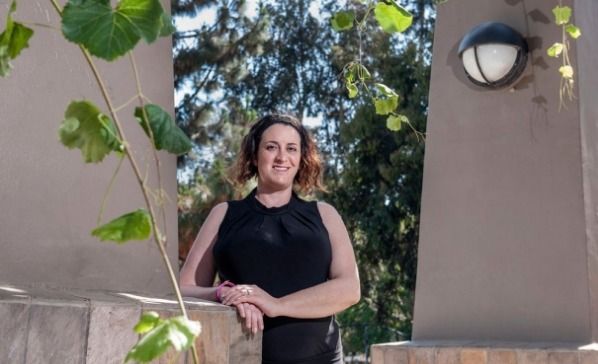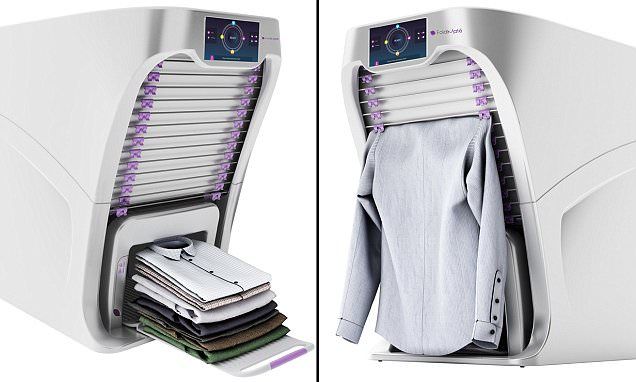Jun 6, 2016
Historian: When Computers and Biology Converge, Organisms Become Algorithms
Posted by Shailesh Prasad in categories: biotech/medical, computing, economics, food, information science
On May 11, 2016, the Berggruen Philosophy and Culture Center invited Yuval Noah Harari, a professor of history at Hebrew University of Jerusalem and author of the international bestseller “Sapiens: A Brief History of Humankind,” to deliver a talk on “The New Inequalities” at Tsinghua University in Beijing. Prior to the talk, Harari was interviewed by BPPC director Daniel A. Bell. This is an edited transcript of the interview.
You argue in your book that material progress, for example in the agriculture revolution and industrial capitalism doesn’t necessarily contribute to human happiness. In fact, it may lead to the opposite. Can you elaborate on that?
Until the middle of the 19th century there was a complete lack of correlation between material progress and the well-being of individual humans. For thousands of years until about 1850 you see humans accumulating more and more power by the invention of new technologies and by new systems of organization in the economy and in politics, but you don’t see any real improvement in the well-being of the average person. If you are the emperor of China, then obviously you’re much better off. But if you’re an average Chinese peasant in 1850, it’s very, very hard to say that your life is any better than the life of hunter-gatherers in the Yangtze Valley 20,000 years ago. You work much harder than them, your diet is worse, you suffer far more from infectious diseases, and you suffer far more from social inequality and economic exploitation.
Continue reading “Historian: When Computers and Biology Converge, Organisms Become Algorithms” »

















